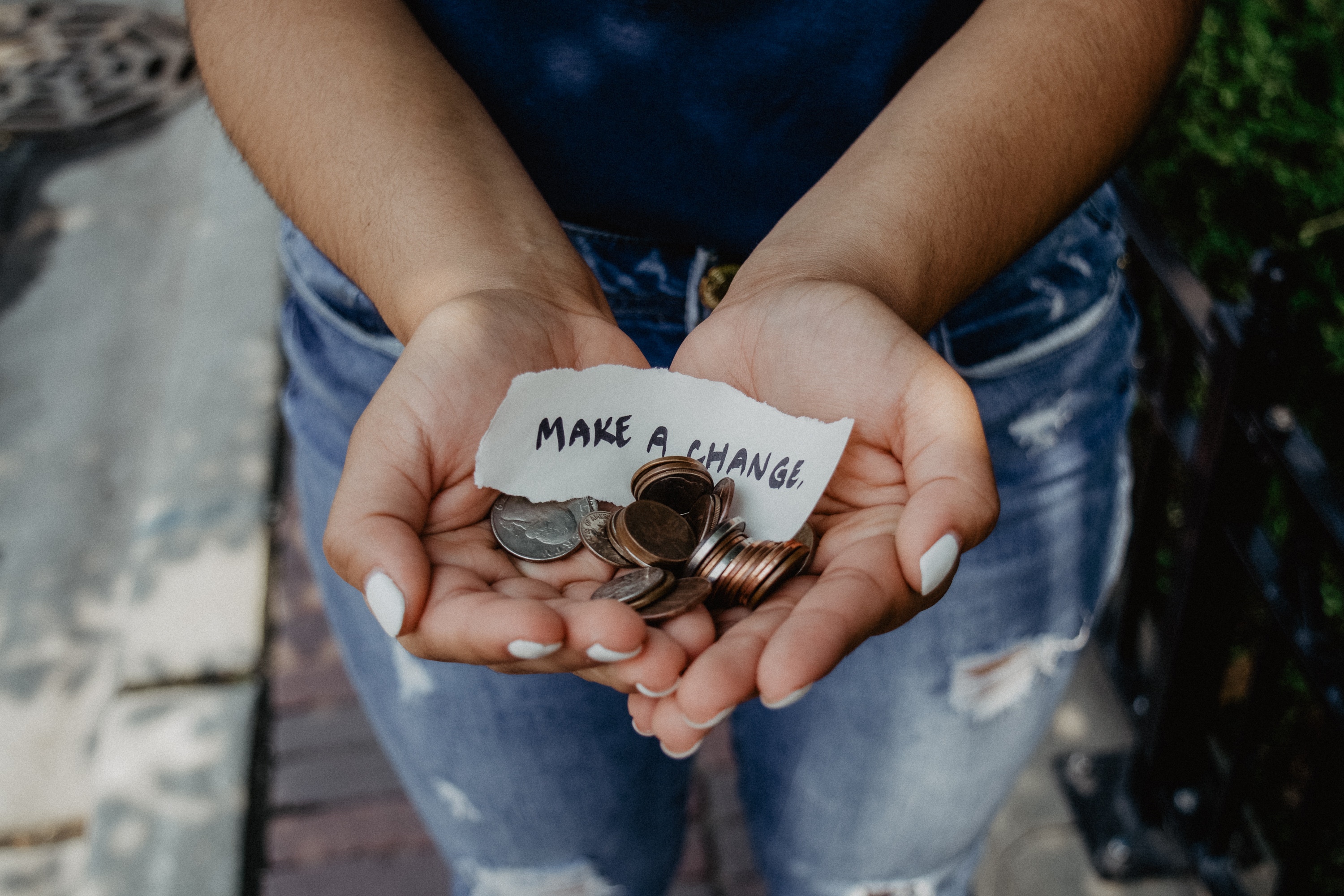Consider the following proposition: You have $10,000 to donate to a charity of your choice, and two charities to choose from. One gives merit scholarships to children in sub-Saharan Africa and one offers them deworming treatment. Your goal is to improve educational outcomes in the region. Which do you choose?
It turns out that offering deworming treatments is almost 50 times more effective at improving school attendance than giving merit scholarships is, according to a breakthrough study that turned into the Deworm The World Initiative, a high-impact charity operating across Africa and Asia. Merit scholarships aren’t a bad thing – they still improve school attendance – but they’re significantly less cost-effective than deworming.
If you’re like me and relatively ignorant about public health interventions, this probably comes as a surprise. Deworming is 50 times as effective as scholarships, dollar per dollar? Better donate my money to deworming campaigns, then.
In the case of deworming and scholarships, this is an easy and obvious trade-off: Rigorous randomized control trials have been run by expert development economists on the issue, and the results are clear and replicable. Unfortunately, not all causes have received equal scholarly attention, nor have the intricate issues of our personal lives. Most of our decisions are made without evidence and without knowing whether or not we will do more harm than good when trying to help.
Through social science classes and my own reading on philosophy, rationalism and public service, I’ve been increasingly feeling paralyzed by indecision. Is my time better spent doing direct service through the Haas Center or working campus jobs and donating a portion of my earnings to high-impact charities overseas? Should I take classes about social change to broaden my perspective or focus on quantitative classes that give me hard skills to apply to the social sector after graduation?
I try to weigh the possible options and perform my own cost-benefit analysis, but the truth is, I have no evidence to suggest one path or the other. I can’t perform a randomized control trial on my own life, and I can’t possibly predict all of the direct and indirect effects that my actions will have today or in the future. As humans, we simply can’t know which choice will be best for the world. We can’t know if a well-intentioned action we take today for one cause will have negative consequences for a different cause tomorrow.
When there is no ideal path to be uncovered, it is easy to become paralyzed. How can you do anything responsibly without fully understanding its benefits and costs?
I don’t know the answer to this question. I don’t know that anyone does; the world is too context-dependent to give any universal prescription for how to have the most positive impact possible. However, this does not mean we must sit idly and wait for perfect information to come along (it never will). Even with imperfect information, you can still do your best to serve the world, whether through direct service, advocacy, donation or your education. You must only be cognizant of the fact that you do lack important information and make an effort to stay updated on new research and developments in your cause area. It is not irresponsible to do inefficient service when the inefficiency is unknown. It is, however, irresponsible to bury your head in the sand and continue doing “service” even when it has been broadly discovered to be useless or harmful.
So whatever it is that you do to better the world, do what you can to educate yourself about the scholarship around your issue of choice. Far too many people dedicate themselves to well-meaning service projects that ultimately do little for the populations they claim to serve. This does not have to paralyze you, but it should make you skeptical of any effort you undertake to make an impact. This kind of skepticism, when paired with a belief that we can always do better and increase our knowledge, is healthy and necessary to be effective.
Ask your student leaders why your service group is effective, and what evidence exists to prove the program is worthwhile. Be a skeptical donor, and read up on the benefit-per-dollar of the charities you support. Understand what skills and perspectives your classes offer you, and how they can be applied to social good. All of this takes extra effort – but this effort, in addition to the money and time we give, is the price we pay to do real good for the world. In my opinion, it’s a fair price.
Contact Avery Rogers at averyr ‘at’ stanford.edu.
